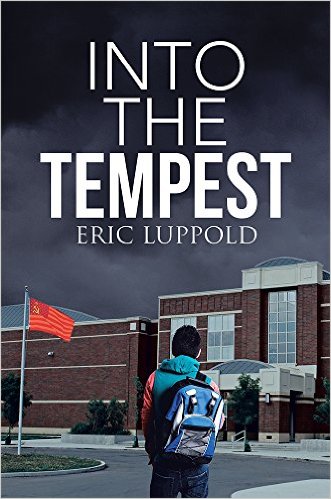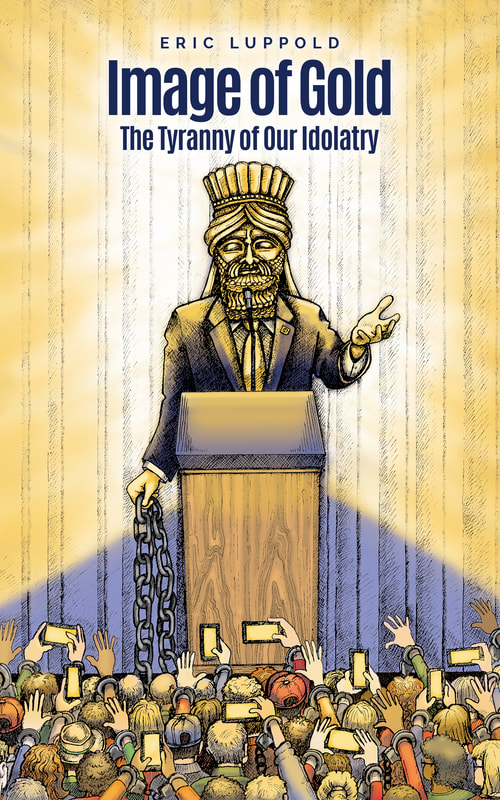Books
What if it were illegal for parents to share their faith with their children? This is the question Eric Luppold puts forth in his new novel, Into the Tempest. In the future United States, it is illegal to expose minors to religious teaching due to it being a violation of their rights. Religious enthusiasts are seen as psychologically ill and are treated accordingly. In this world a teenager named Sam is introduced to Christianity, forever changing his life. Meanwhile, Detective O’Connor enforces the secular laws of the nation, but must confront his dark past when he and Sam cross paths.
Do we place our hope and trust in government to solve our problems and meet our needs? According to a recent Wall Street Journal poll, the answer is “Yes!” While we look to the government for answers, our polarized political environment has only caused us to either fervently align with one political party or give up on politics altogether.
Our increasing desire for government solutions and increasing frustration with politics is actually the result of idolatry. In the pursuit of economic prosperity, social justice, and personal security, we are turning to Caesar instead of our Creator. Sadly, many of us do not realize that this form of idolatry leads only to political tyranny and the loss of genuine freedom. But what is the answer? How can we escape this downward spiral? It is found only in Jesus Christ, who tears down the idols and sets the captives free.
Our increasing desire for government solutions and increasing frustration with politics is actually the result of idolatry. In the pursuit of economic prosperity, social justice, and personal security, we are turning to Caesar instead of our Creator. Sadly, many of us do not realize that this form of idolatry leads only to political tyranny and the loss of genuine freedom. But what is the answer? How can we escape this downward spiral? It is found only in Jesus Christ, who tears down the idols and sets the captives free.

